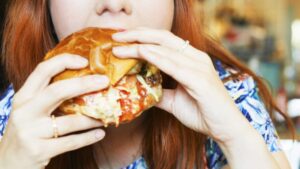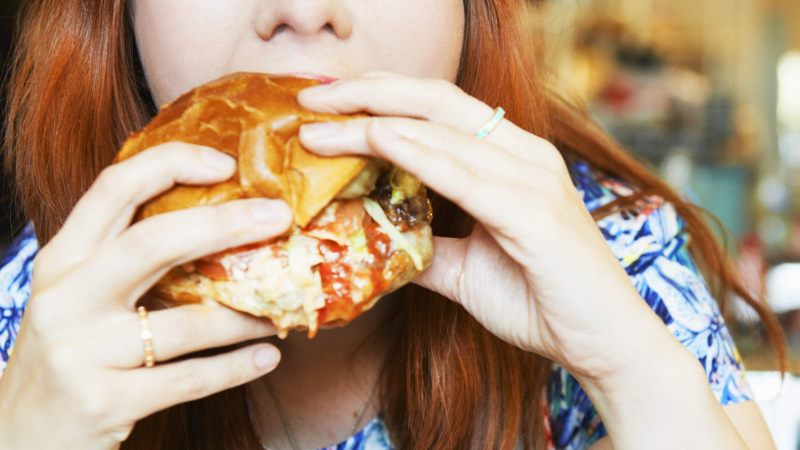Patients often worry about weight gain as a potential side effect of chemotherapy. Eating behavior triggered by chemotherapy-related symptoms, taking steroids, and inactivity due to fatigue can all contribute to weight gain.
Chemotherapy can cause certain appetite-related side effects, for example – increased appetite, nausea, or cravings for sweets and carbohydrates. Although patients don’t have to cut sugar out of their diet completely, there are many healthy alternatives to help control the cravings.

Try fresh fruits
By eating even small amounts of sweets throughout the day, calories can add up fast. The same goes for carbohydrates, which break down into sugars. Although the body needs carbohydrates for energy, eating more than required can lead to extra sugars being stored as fat. Try reaching for a piece of fresh fruit when a sugar craving comes.
Food cravings are not the only thing that can impact weight gain during chemotherapy. Fatigue and lack of physical activity can also contribute. If you are experiencing these side effects, try incorporating light walking into your daily routine to help combat potential weight gain from inactivity.
Speak to your doctor
Certain medications can also contribute to weight gain, and you should speak with your doctor or care team if you have any concerns about medication side effects. When taking steroids, like prednisone, patients may experience an increased appetite. The steroids can also cause the body to hold onto extra sodium, which often leads to fluid retention. Eating potassium-rich foods such as kiwi, cantaloupe, and bananas may help the body retain potassium and less excess fluid. Decreasing the amount of sodium in your diet can also help.
Other tips for keeping weight off during chemotherapy:
To curb hunger, eat six smaller meals rather than three larger meals each day. This allows you to feel fuller throughout the day and avoid hunger peaks, which can lead to overeating and cravings.
Chemotherapy-induced nausea can sometimes increase cravings for carbohydrate-rich foods. To curb these cravings, avoid refined carbohydrates and stick to whole grains, which help you feel fuller longer. Including a source of protein along with meals also extends the feeling of being full.
Stay hydrated which may help keep cravings under control and support energy levels.
A registered dietitian can create a personalized healthful eating plan and help establish goals and strategies to maintain a healthy weight at any point in your cancer journey, including if you are undergoing chemo and/or taking prednisone.


